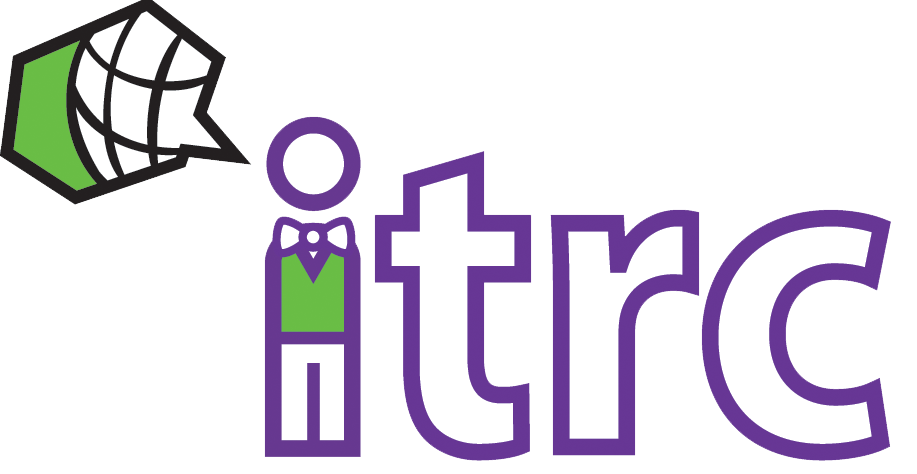
Photo Credit: Glenn Carstens
Tips for Online Exams
Added on December 3, 2020
by Allyson Steward
Updated on December 8, 2020
Preparing for online tests and exams requires an additional level of consideration for both instructors and students.
The following resources, tips, and strategies will assist instructors to anticipate issues when setting up online tests and exams, as well as prepare students and assist them in the event of technological challenges.
Tips for Instructors
Downloadable version of this checklist: Online Exam Best Practices for Instructors.pdf
See the Tips for Students section below and share the resources with your class to prepare them for their exam.
1. Ensure each question is on its own page
Each time a student navigates between questions, their answers are saved. Enabling this in your exam layout and navigation settings ensures their work is saved frequently.
For more information on exam layout settings see OWL Help for Tests and Quizzes.
2. Inform students on what to expect from the exam format
Providing an overview of your exam format for students will help them to prepare and limit the amount of questions you may receive before and during your exam.
Let your students know if they can't go back to previous questions or if they will be able to skip questions and go back to them later.
Tell your students what time and day your exam will become available and when it will close and whether they will have a time limit.
For more information on exam settings see OWL Help for Tests and Quizzes.
3. Communicate to students where to find technical support during their exam
When facing technical problems, it's important for students to know where to go for support. Be sure to communicate these resources to students before their exam.
- For OWL, Zoom, general computer problems - WTS Helpdesk
- For Proctortrack - Western Exam Support Chat in OWL
- For other exam platforms (e.g. Gradescope) - Instructor
4. Avoid editing an exam while it is in progress
While an exam is active and students are in progress, you should avoid editing the questions or settings of that published assessment. Editing an exam while it is in progress can cause errors and technical problems for students.
5. Expect that students could encounter problems
When preparing for online exams, anticipating potential problems and having a contingency in place is important, such as having an alternative submission method available and alternate exam questions prepared in case a make-up exam needs to be offered.
6. Be present while your exam is running
Just like an in-person exam, it is important for you as the instructor to be present in case students reach out with questions or concerns regarding their exam. As the exam is running, you can see how many students are in progress and how many have submitted.
7. Communicate to your students if problems do occur
If you become aware of problems with your exam, it is important to communicate that to all of your students. Using OWL Announcements or OWL Messages allows you to inform students on OWL and send a notification via email.
For more information see OWL Help for Announcements and OWL Help for Messages.
Technical Help Resources for Instructors
- For help creating or administering non-proctored online exams: WTS Helpdesk
- For help creating or administering a proctored online exam: Exam Central
Additional Best Practices Resources
Tips for Students
Downloadable version of this checklist: Online Exam Best Practices for Students.pdf
1. Restart your computer before your exam
This ensures your computer will be running at its best. Be sure to also complete any software updates prior to your exam.
2. Review the OWL Help page for Tests and Quizzes
Familiarizing yourself with the tools you will be using to complete your exam will help you to be prepared.
For more information see OWL Help for Tests and Quizzes.
3. Review your exam information and instructions
Familiarizing yourself with the format and expectations of your exam will help you to be prepared.
4. Log into your OWL site at least 5 minutes before your exam
Logging into OWL early will help to mitigate any slowness you may experience accessing your exam.
5. Have a reliable internet connection
Connectivity issues can cause slowness or disruptions during your exam. If possible, use an ethernet (wired) connection rather than Wi-Fi (wireless).
6. Close non-essential apps that may take up bandwidth
Other apps may slow down your connection while you complete your exam. Closing these apps may help prevent slowness and disruptions.
7. Use an up-to-date and supported web browser
Ensure your browser (such as Chrome or Firefox) is up to date. It is recommended that you have a second browser installed as a back-up in case you have technical problems.
8. Do not open OWL in multiple browser tabs or windows
Opening OWL in multiple browser tabs or windows while you are completing your exam can cause errors in your submission.
9. Save frequently as you answer questions
Saving your answers as you progress through your exam ensures you don't lose your work in case of connectivity problems or other disruptions.
10. Use the navigation buttons in OWL
Instead of using your web browser’s forward and back buttons, use the next and previous buttons in OWL.
11. Restart your browser if you experience technical problems
If you experience connectivity problems or an error, close your browser, log back into OWL, and resume your exam.
12. Confirm your submission was successful
After submitting your exam, check your Western email for a submission confirmation receipt.
Technical Help Resources for Students
- For OWL, Zoom, general computer problems - WTS Helpdesk
- For Proctortrack - Western Exam Support Chat in OWL
- For other exam platforms (e.g. Gradescope) - Instructor



